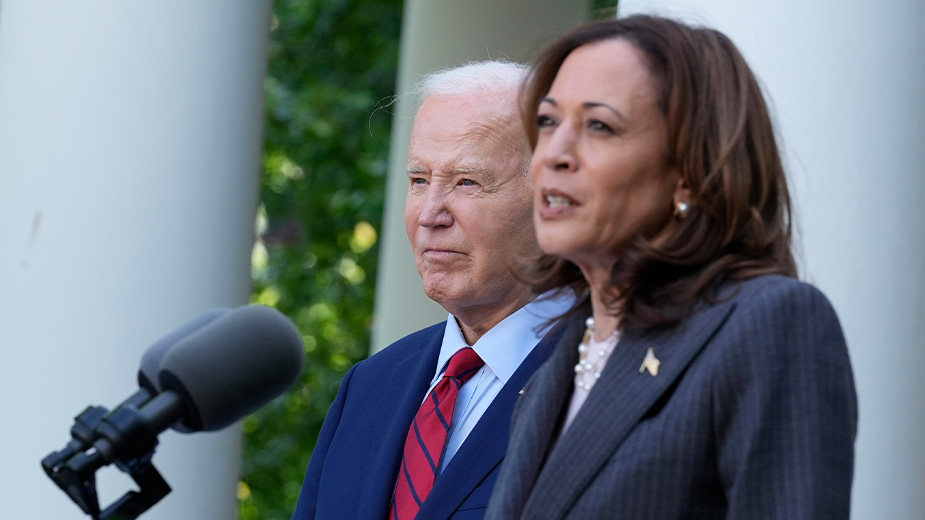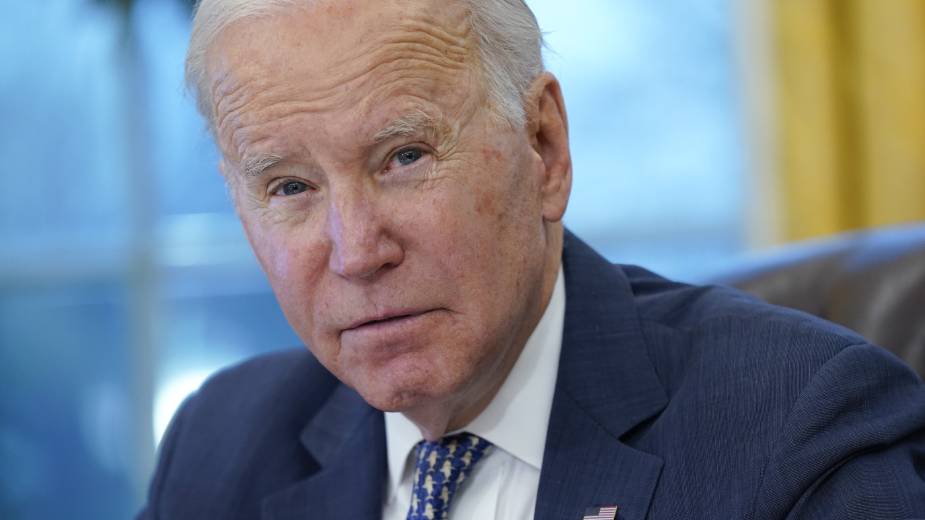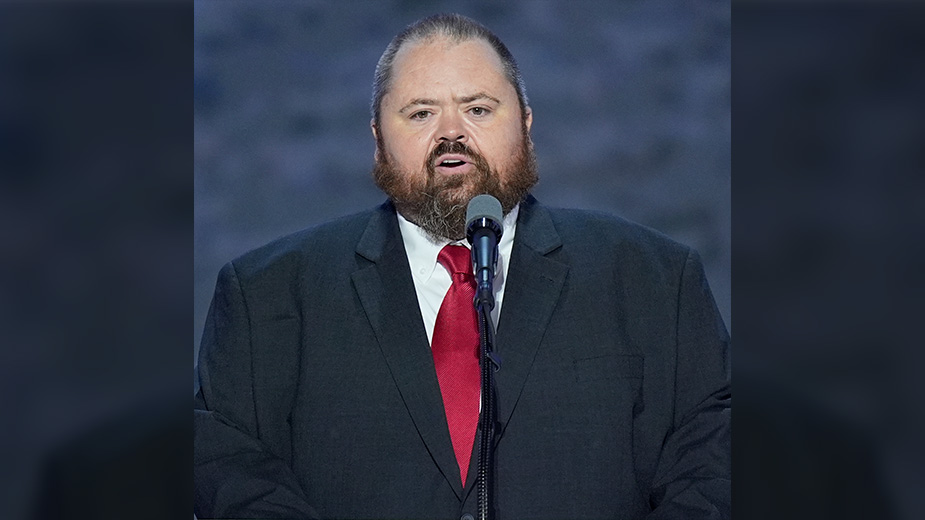Postal Unions Rally as Service Slowdowns Take Shape
YOUNGSTOWN, Ohio – After Postmaster General Louis DeJoy spent two days on Capitol Hill testifying about changes made at the United States Postal Service under his leadership, rallies nationwide – including downtown Youngstown – pushed for support of the government agency that’s found itself at the center of a political crossfire in recent weeks.
The Youngstown post office has been reduced to four mail sorting machines, according to Dominic Corso, president of American Postal Workers Union Local 433, down from seven. The reduction has left up to a third of incoming mail – upward of 150,000 pieces – on the sorting room floor at the end of the day.
“On the processing side, they cut it off at a certain time, whether it’s committed mail or not, whether it’s first-class mail or not,” Corso said. “The new postal regulations and standards are to turn it off and move on. There just aren’t enough hours in the day and not enough machines to handle the mail.”
Not helping, he added, is the fact that all mail in ZIP codes starting with 444 or 445 is first processed in Cleveland before being sent to its destination, even if that destination is down the block, which can mean letters are being postmarked days after they’re sent out.
In his own test, Corso said he mailed a letter to himself from his house; it took three days for the letter to get its postmark and seven days to arrive. Come the election, he said, that amount of time will matter.
Henry Gomez, president of the National Association of Letter Carriers Branch 385, urged those voting by mail to get their ballots in the mailbox at least a week ahead of election day to ensure it gets postmarked in time for it to count.
“All the people who work in the mailroom and for the post office know election mail is the highest priority to get delivered,” Gomez said. “Obviously, this year there’s going to be a huge influx of mail-in ballots because of the virus, but we’ll have no problem handling it.”
There haven’t been delays on the letter carriers’ end, he added, but noted that in talks with other Letter Carrier branches across the country, he’s heard of slowdowns.
“There are delays where it sits on the floor for a day or two or it comes back because there isn’t the manpower to get it delivered,” he said. “Usually, how it happens in the post office, is it starts in one part of the country and it moves along. If we continue down these lines, I believe it’s only a short matter of time before some of those service cuts they’re seeing in other parts of the country will start happening here.”
On Aug. 7, DeJoy announced a restructuring of the Postal Service; the same day Postal Service Inspector General Tammy Whitcomb was asked by Senators and Representatives to investigate changes to service and procedures at the agency. Among the changes questioned are requirements that trucks leave on time, regardless of if they’ve been loaded with all mail to be delivered and the denial of overtime to mail clerks and carriers, which could limit how much mail is delivered.
Also under his leadership, the agency has decommissioned sorting machines and removed collection boxes, the latter of which Corso says has happened locally, both in Mahoning and Trumbull counties.
DeJoy spent Friday testifying before the Senate and Monday doing the same with the House of Representatives. The lines of questioning at both sessions tended to fall along partisan lines, with Democratic officials pressing DeJoy on the operational changes made and Republicans largely asking about the financial status of the Postal Service.
In Corso’s view, the latter issues are “manufactured,” as the USPS is required to prefund its pensions for 75 years, to the tune of $5 billion, something no other agency is required to do. While the pandemic has put a dent in the business of the postal service – letter volume is down, but parcels are up, Gomez said – the hit isn’t insurmountable on its own.
“It’s an artificial deficit. No business has ever had to put up $5 billion before they made a profit,” Corso said. “Before they sold their first stamp, they had to put aside $5 billion. Without that, the post office has turned a profit.”
During his testimony in front of the House Oversight Committee on Monday, DeJoy was asked about some of the basics of the USPS, such as the cost to mail certain items or its operations, and didn’t have the answers.
Asked if the lack of response concerned him, Corso said, “It absolutely, 100% does.
“Postal workers are willing to give the guy a chance before we start beating up on him, but coming out of the box he hasn’t done anything the way a dedicated postal worker would,” he continued, “like previous postmasters have. In the past 20 years, he’s the only one to not come from the ranks of the post office itself.”
What Gomez warned against was the postponement of cuts, such as the decommissioning of machines and removing collection boxes, until after the election.
“The postmaster general has said he won’t move forward with these cuts until after the election, but we need to keep the pressure on now,” he said. “We’ve seen what those cuts can do. If we go right back to it after the election, those same things are going to happen.”
Copyright 2024 The Business Journal, Youngstown, Ohio.


